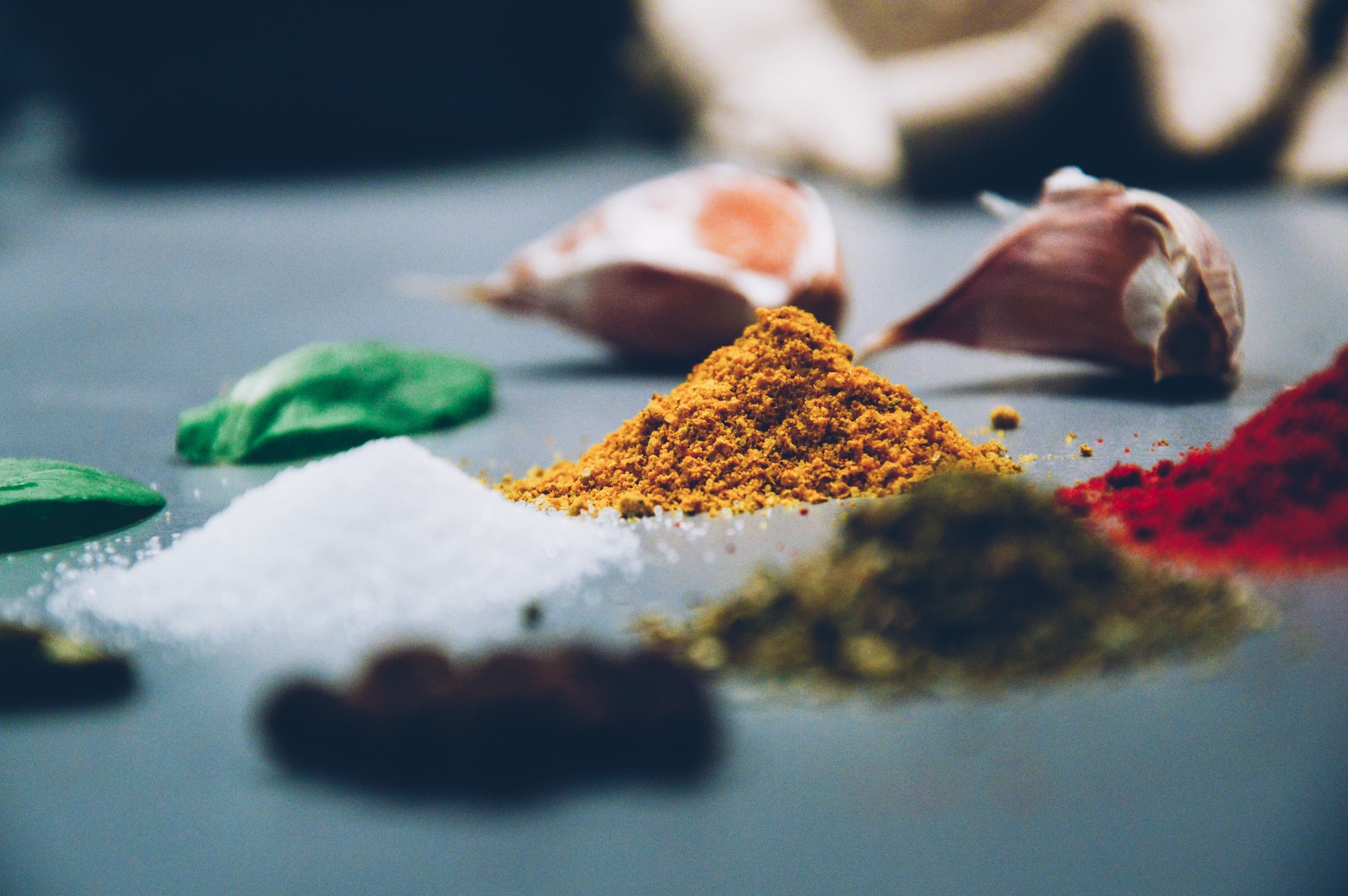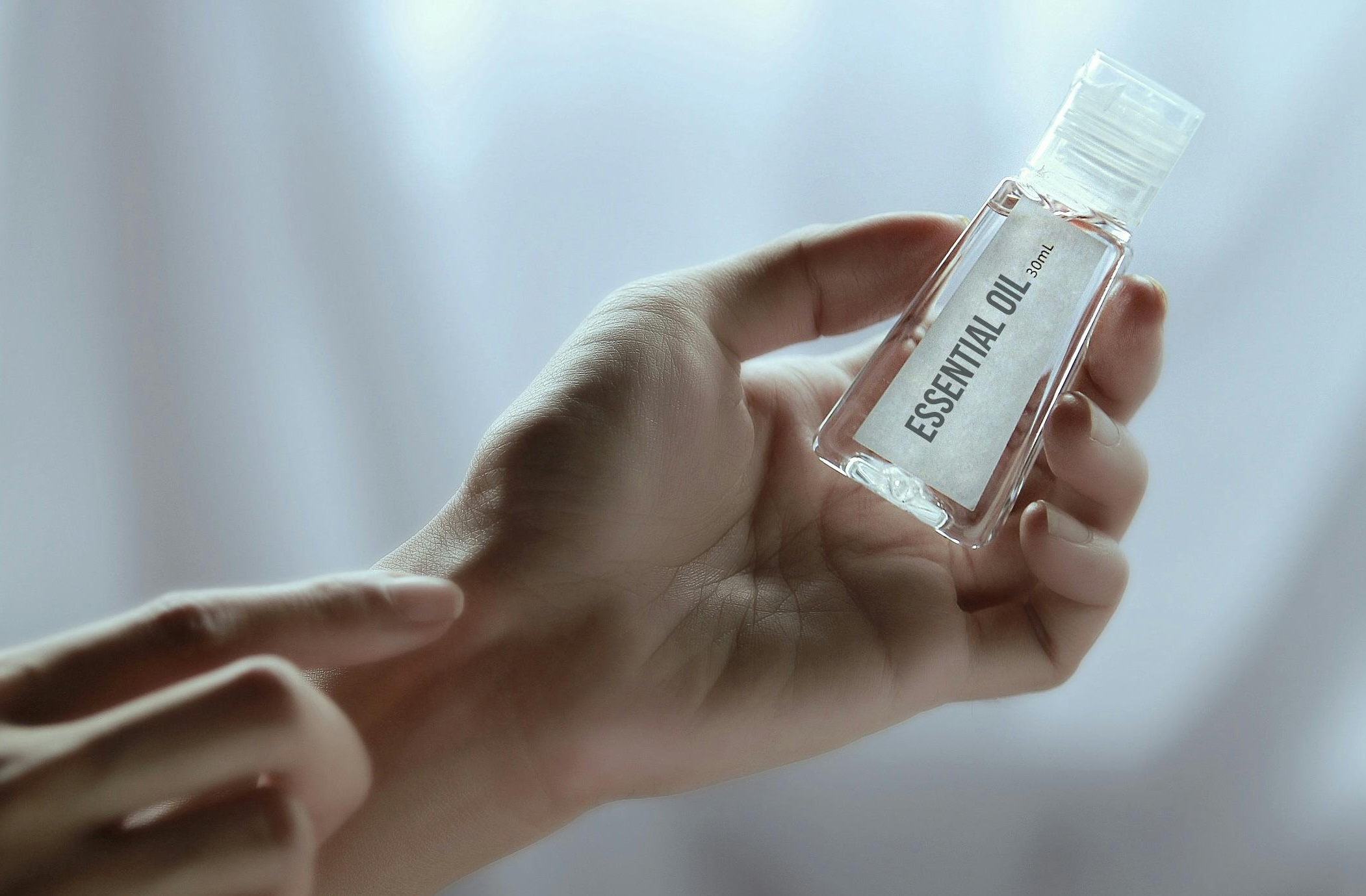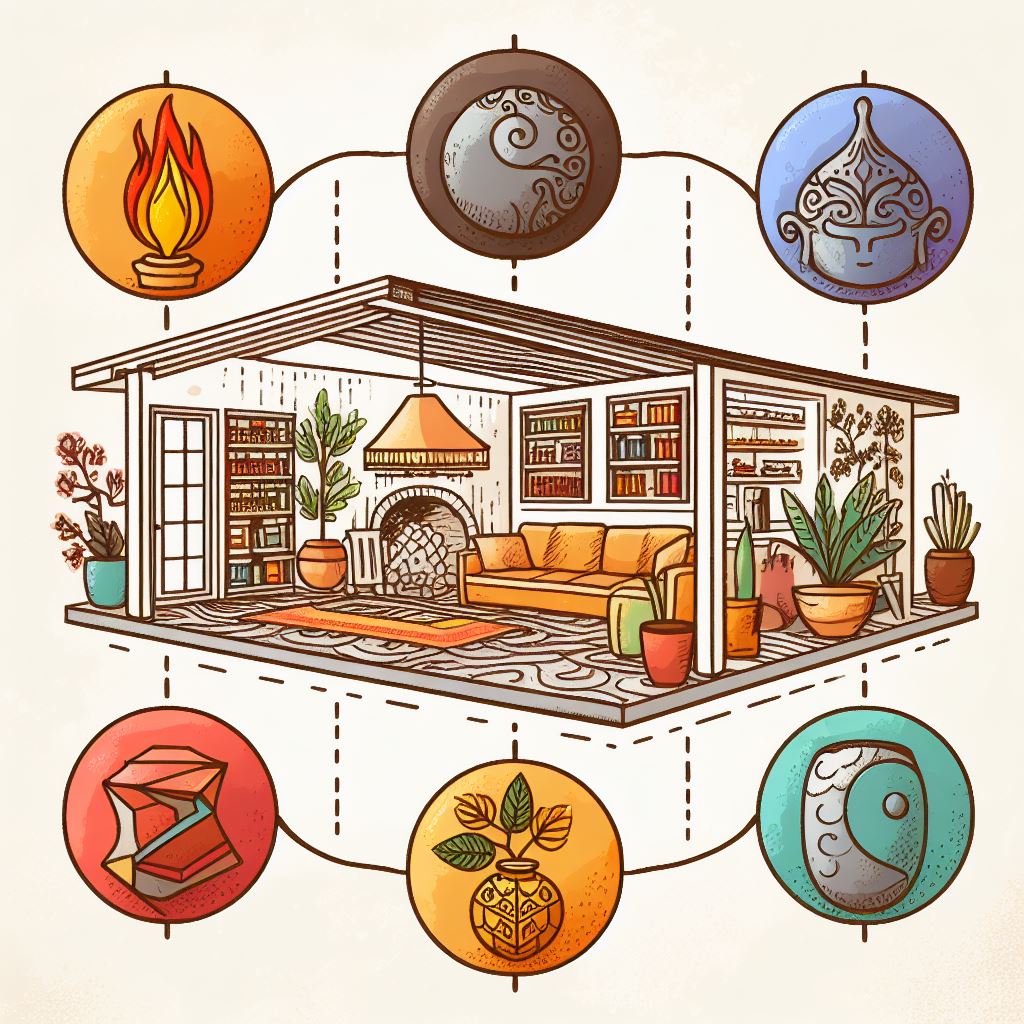You’ve probably noticed how everyone’s exploring using herbs for a health boost these days. Perhaps that’s how you’ve stumbled upon this post even!
And why not? They’re natural, accessible, and seem like they can only do good, right? Well, it’s not always that simple. While herbs can be powerful allies for our health, they also come with their share of complexities, especially when mixed with medications.
It may seem obvious, but I felt it necessary to explicitly create a post about the essential info on the side effects and interactions of popular herbs with medications. I just want to ensure you’re equipped with the knowledge to use these herbs safely.
Understanding Herbs and Their Potency
When I say “herbs,” I’m talking about those plants we often hear about for their health benefits—think garlic for heart health or chamomile to soothe those nerve-wracking days.
They come from nature, and many believe that makes them inherently safe. But, just because something is natural doesn’t guarantee it’s harmless. Take arsenic, totally natural but definitely good for your body.
For example, did you know that St. John’s Wort, often used for depression, can be as potent as some prescription antidepressants?
Yep, Mother Nature doesn’t play around. That’s why treating herbs with the same respect as traditional medications is essential for your wellbeing.
Common Side Effects of Popular Herbs
This is by no means an extensive list, and I encourage you to always do your own research when interacting with a new herb. However, even though this list is not totally complete, I’d be remiss if I didn’t at least include some of the most popular herbs (and herbs that you would be more likely to interact with).
St. John’s Wort
Starting with the star of the herb world, St. John’s Wort is loved by many for its mood-lifting properties. But it’s not all sunshine and it can also lead to sensitivity to sunlight, which means you could end up with a sunburn after just a little time in the sun.
Ginkgo Biloba
Ginkgo is another crowd-pleaser, especially among the brain-health enthusiasts. While it’s celebrated for boosting memory, it can also cause headaches and dizziness. It’s a bit ironic but let’s not get into that.
Garlic
Who doesn’t love a bit of garlic? It’s great for your heart but can also cause heartburn and other gastro-related issues, especially if you consume too much of it.
Echinacea
This herb is a go-to for cold prevention, but it can backfire by causing digestive issues. So, while you’re trying to ward off that annoying cold, your stomach might be gearing up for its own battle.
Interactions Between Herbs and Prescription Medications
Many folks don’t realize that mixing herbs and medications can sometimes throw a wrench into how your drugs are supposed to work. For instance, some herbs can either amp up or dial down the effects of medications.
This means you could end up with too much or too little of the drug in your system, not exactly the balance you were hoping for!
Take St. John’s Wort again—it’s a bit of a notorious figure here. It can reduce the effectiveness of birth control pills, leading to some unexpected surprises. Similarly, it can interact with blood thinners and antidepressants, making them less effective, which could be risky business.
Then there’s Ginkgo biloba, which might increase bleeding risks if you’re on blood thinners. Imagine a cocktail where every ingredient amplifies the others’ effects—not necessarily what you’re hoping for.
Most of these interactions occur because certain herbs can affect liver enzymes that are responsible for breaking down medications in your body. This can alter how quickly medications are processed, either turning up their volume way too high or dialing it down too low.
Guidelines for Safe Herb Usage
First things first: always, and I mean always, chat with your healthcare provider before starting any new herb, especially if you’re already on other meds. If you don’t have access to a regular healthcare provider for whatever reason, the internet is also a great resource. Just be sure that you’re reading information from actual medical websites and not sites that have a stake in trying to sell you a specific herb.
Quality Matters
Make sure you’re getting your herbs from reputable sources. The herb world can be a bit like the wild west, with less regulation than the O.K. Corral. You want to ensure what’s on the label is what’s in the bottle, without any unwanted extras that could throw off your groove.
Keep a Log
I always tell my friends to keep a log of all the herbs and medications they use. This way, if something feels off, you can quickly figure out what might be causing the issue without trying to remember every single thing you’ve taken.
We’ve covered a lot today, but the main takeaway is that herbs have their place in our lives, provided we use them wisely. Remember that they’re powerful tools for our health, not just passive additions to our teas and meals so treat them with respect, keep in touch with your healthcare provider, and always stay informed about what you’re putting into your body.
















